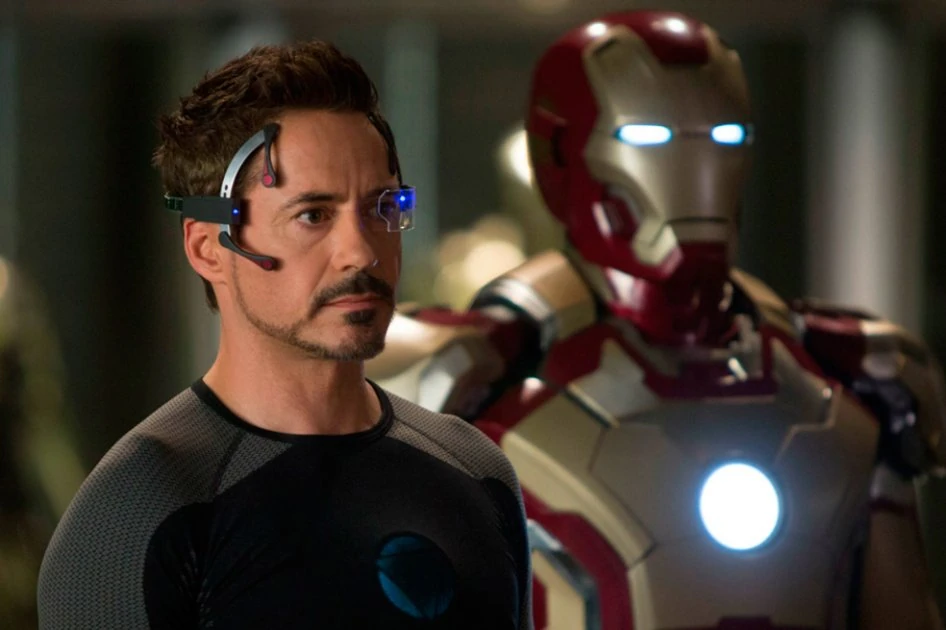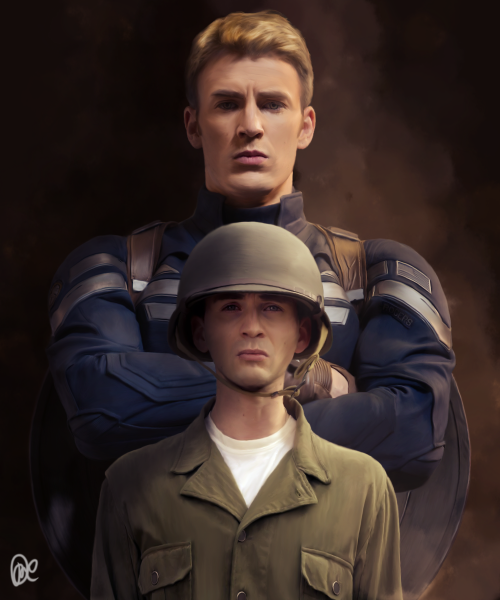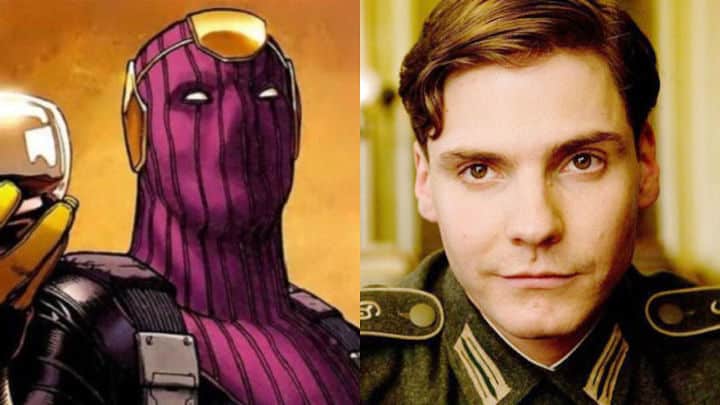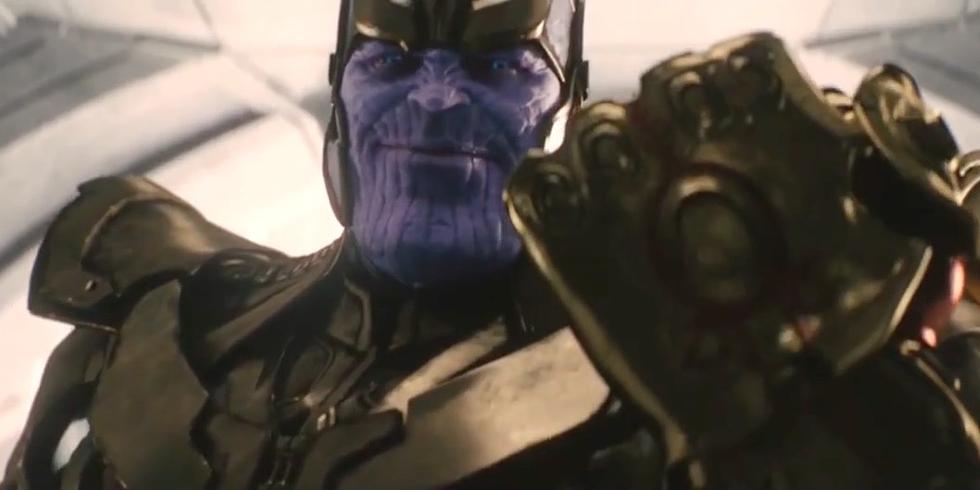The most
recent installation in our beloved MCU, the third outing for red-white-and-blue
Steve Rogers, and the first film in Marvel’s even more daring Phase Three Captain America: Civil War delivers on
everything the marvel movies before it while also bringing us to a
new level. We have the classic super-powered fights. We have the short romance.
We have the new hero(es) universe expansion. At the
same time what we get is a down turn from previous “Marvel” movies. Civil War manages to not only utilize
the tropes of a super hero film but also defy them to create a surprisingly
satisfying story. Captain America: Civil War
reads not like an allegory for political parties or elections, but rather as a
confident and disturbing portrayal of the common American’s ethos today.
Before we
dive into the giant fist fight/debate let’s be
clear about one thing: Civil War is
defiantly devoid of direct political allegory. First take into account this
screenplay was written in 2014, two years before the political landscape turned
into such sharp contrasts. Nobody back then, could have predicted Donald
Trump’s self-declaration and subsequent success. To directly relate either Tony
Stark or Steve Rogers to a specific party would require an immense amount of
work (I don’t doubt that some news media outlets will try nonetheless.)
Okay.
A recently dumped billionaire
philanthropist attempts to work through his trauma by both accepting
responsibility for his misdeeds and for putting that responsibility on someone
else’s shoulders. Tony Stark craves oversight because, as he’s come to learn in four previous movies: when he tries to make things better he makes
things worse. Alfre Woodard gives Tony a face to focus all of his guilt when she hands him her dead son's photograph.
Steve Rogers is the eternal
soldier. A man who fought in World War Two (when wars were easier to understand
and the enemy was obvious) comes out of a rudimentary cryogenic sleep having
skipped Vietnam, Iraq, and the entire Cold War. After witnessing the collapse
of SHIELD in Winter Soldier his
distrust of political affairs reminds him he’s catching up to the rest of Americans,
as he’s forever doomed to do. When his former 'best gal's passes the only connection he has back to his old life is
also a former brainwashed Russian ghost mercenary so evil even the Black Widow
ever-so-slightly fears him. Bucky.
What the movie manages to do so
well is balance both sides of the equation with meaningful emotional beats and
character exchanges. In the big airport battle they number off perfectly against their equal. It’s true the battle kind of
bounces around so no one directly sticks to each other, but we see a lot of characters
square off in perfect combinations. Somber Winter Solider faces equally morose
Black Panther. Steve and Tony get to go hand-to-hand. Black Widow and Hawkeye
wonder if they’re still friends while trading blows.
 |
| Two perfectly balanced teams set to fight. |
Ostensibly what we’re watching when
we get to the airport fight is one big family feud complete with distant
cousins and grumpy uncles. The very title “Civil War” harkens back to America’s
previous bloody war fought over similar ideals. Maintain independence or join
the existing government? Even the common phrase “brother fighting brother”
rings particularly true. Tony and Steve go to war and they drag everybody else
into it with them.
_________________________________________________________________________________
_________________________________________________________________________________
The film begins with particularly
political arguments: Should Superheroes register under the United Nations in
order to prevent huge collateral damage/unintended consequences? Side note: the argument in the original comic line is similar with an addendum "Superheroes should unmask and register their secret identities with the government." Tony argues it
is the only way to move forward. “If we have at least one hand on the steering
wheel we can still try to drive.” Natasha Romanoff remarks. Tony continues “if
we don’t do it it’s gonna be done to us.” Steve Rogers respectfully disagrees.
Newly jaded Steve Rogers remarks “people have agendas and agendas change.” He goes on to add “what if they send us somewhere we don’t think we should be? What if there’s somewhere we need to be and they don’t let us?” Despite these moments Cap faces up to the problem. When Tony promises help for Bucky Steve asks if there are provisions, the ability to amendments. He actually considers the proposal. Of course! Tony says. They
just need a bit of time to work out the kinks. He then goes on to explain that Wanda is in lock down until the signature. Tony begins the cycle over by making things worse in trying to make things better. It all goes downhill from there. The tete-a-tete pretty much ends there, and that's the civil
part in this Civil War.
_________________________________________________________________________________
_________________________________________________________________________________
The genius in the movie is taking
these characters from the polite roundtable discussion to full on fist fights
by escalating the conflict from a moral debate to intensely personal conflicts.
We watch as these characters go from talking about ethics to getting drawn into
their war over Captain America’s coveted best bud. Rather than leave
the registration debate out of it both Tony and Steve use it as the focal point
for drawing in other heroes to the fight. What starts as a political
debate turns into a fiercely personal all-out assault on each other that won’t
end until one person gives up or dies. It’s the equivalent of a Facebook
debate. There’s mention of the issue at large at the end of the film
Steve Rogers is protecting his best friend and Tony Stark is avenging his parents. Nobody mentions government pensions, amendment
procedures, or deployment. It’s all about fighting to save each other’s souls.
How did one simple question bring them to this?
While the movie posits a very important question (one I’m sure speaks more about military interventions than just superheroes.) The movie ultimately strays from the question by delving into the intensely personal feud being created by the film’s antagonist. Baron Zemo is the only Marvel villain who won. He knows he’d never win in a fight against these guys. He could be a Sokovian death squad member with super strength it still wouldn’t pan out. His plan of deception and manipulation turns the Avengers against each other, destroys the public’s confidence in their heroes, and nearly kills more than one super powered good guy. By the end of the movie, when he smiles, you get the feeling this guy has done more damage than Loki and Ultron combined. He also escalates the rivalry out of the confines of oratory maneuvers and into fisticuffs. His intervention leeches value from the ethics questions when he reveals he manufactured them to accomplish his goal at the movie's end.
The Low Point
This devolution from the purely
cerebral conversation into snarling-mouths fist fights shows the Marvel
Cinematic Universe’s low point. By the end of the movie the Avengers have gone
secret, Tony and Cap burned each other's bridges, and the public doesn’t trust their own
superheroes. The Russo brothers have previously stated that their pitches to
Marvel always included referencing ‘The Empire Strikes Back’ as a comparison. The bad guys have to win one for us to root for the good guys even more in the next battle. They even manage to weave a reference into their movie. The downbeat of this film is mitigated by Steve’s
letter, but Baron Zemo’s gloating face at the end of the movie mirrors the
Emperor’s glee at the shattered state of the Rebellion.
The down beat of Civil War reflects the state of American political sentiment. While boisterous middle America voices it's deeply divided opinions, the rest of America is sadly shaking their heads. How did it ever get to
this? The storm was always brewing. At some
point we would have to reap the consequences of our actions.
The Real World
All the
congressional stalling, all the unrepentant corporate manipulations, and all the broken promises drove the pre-existing wedge of American distrust and partisanship into a chasm currently uncrossable while
a presidency remains at stake. Christopher Markus and Stephen McFeely may not have
known America would be so fervently, irrationally divided but they certainly
recognized the potential. We live in a time
where the purely cerebral debates on security, accountability, and action
devolve (very quickly) into insult-trading and off-color "size" comments.
Captain America: Civil War while not a direct political allegory still reflects the American ethos. The ethos
where everything is personal, the only way to address conflict is through
violence, and there is no recovery in the foreseeable future. While the movie offers us a sliver of hope (how
could this movie have the word ‘America’ in the title and not end on some kind
of hopeful note?) with Steve’s letter there is largely no return from this
position. There is no going back from this one. All previous attempts to repair the damage were useless. The fights are personal, the bridges are burned, and there may be no
coming back from that. At least until 2020...





